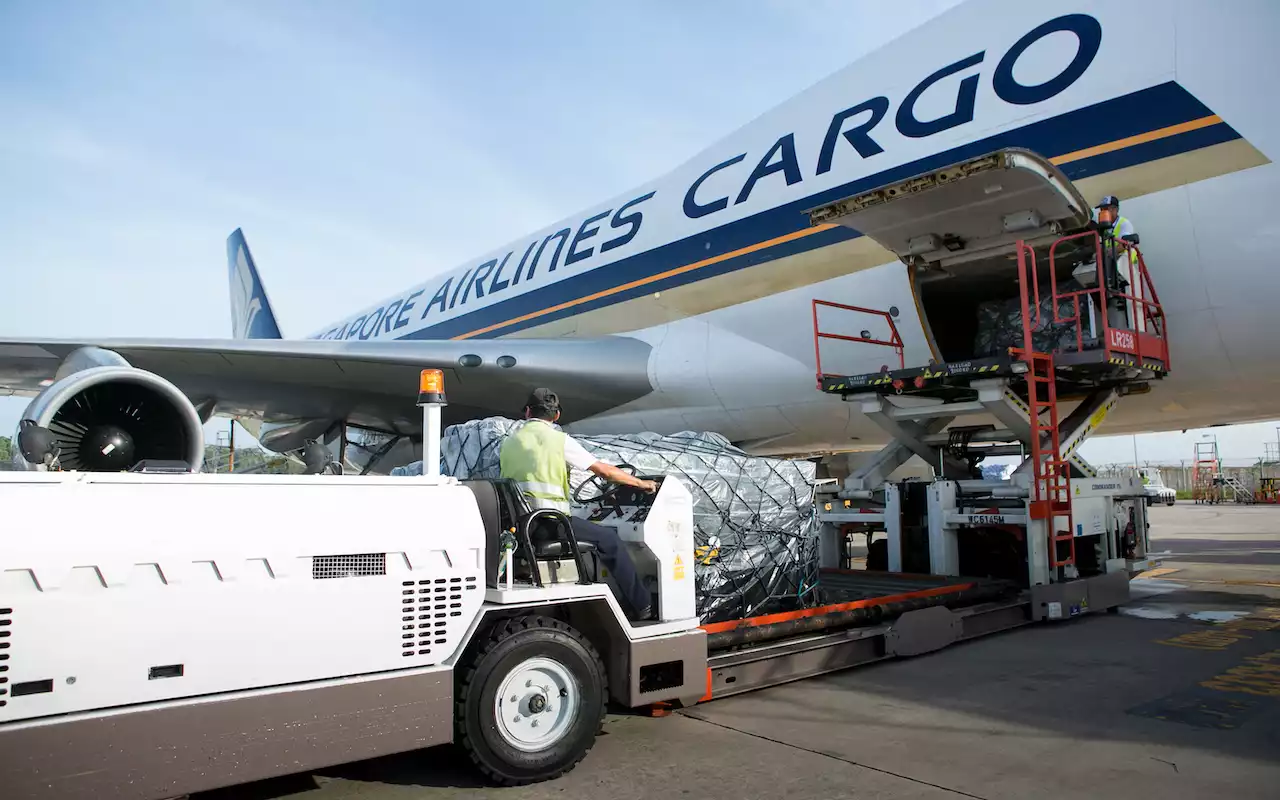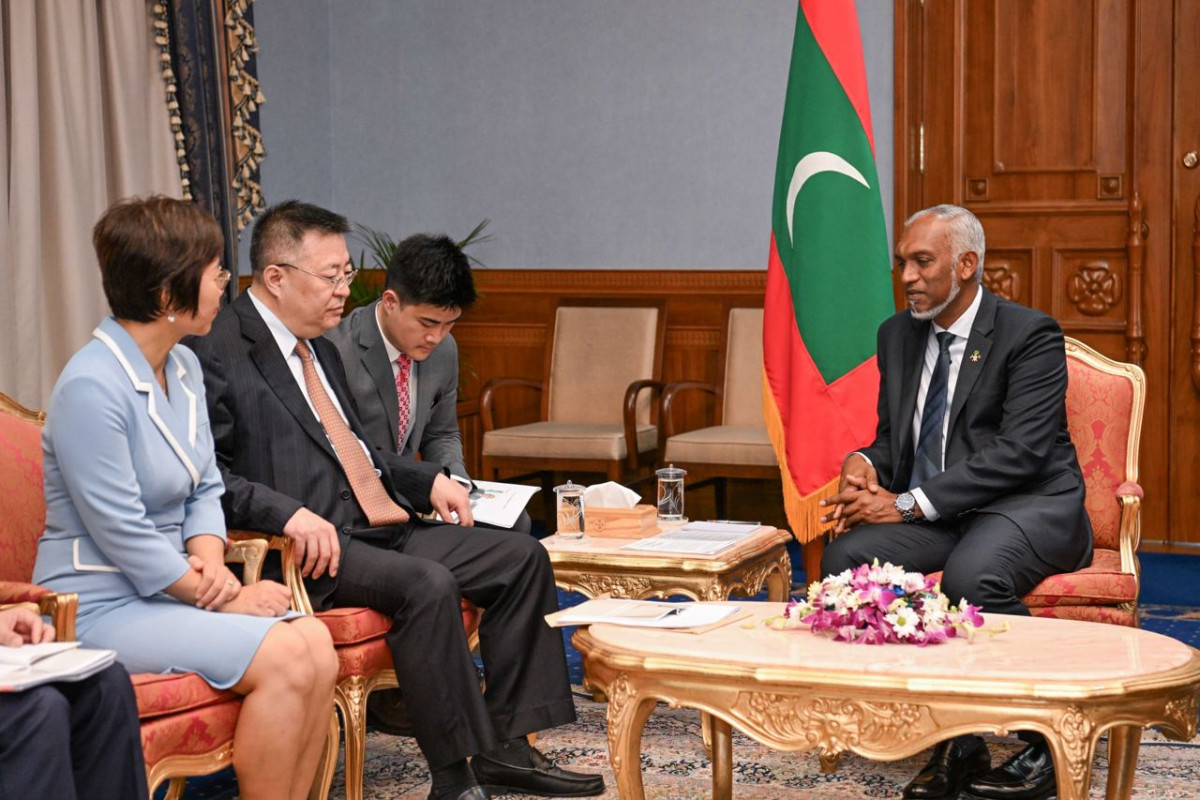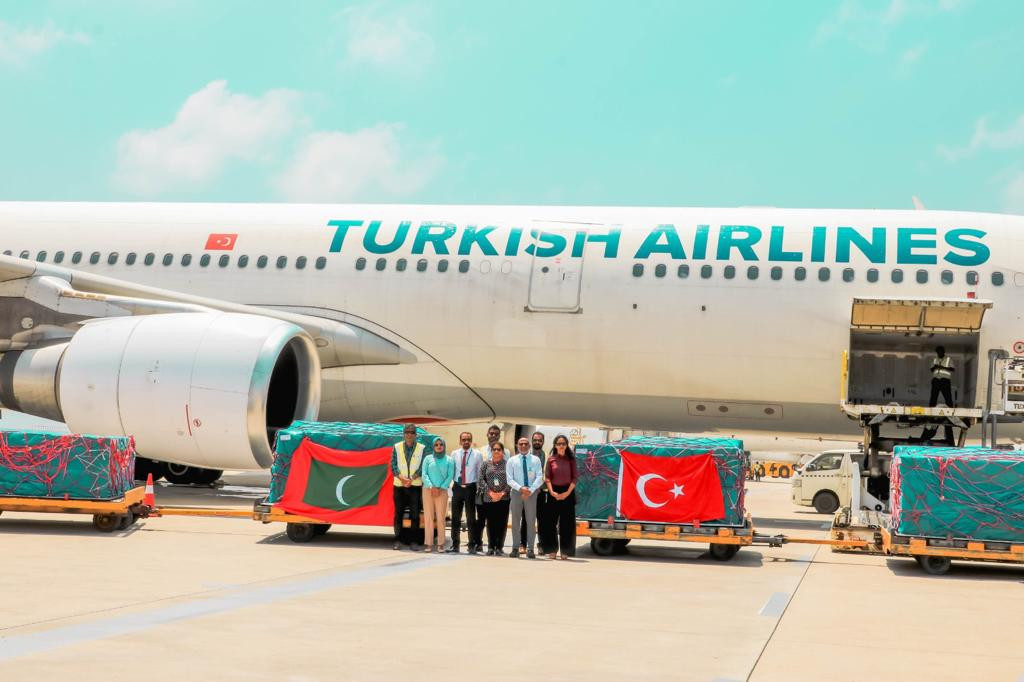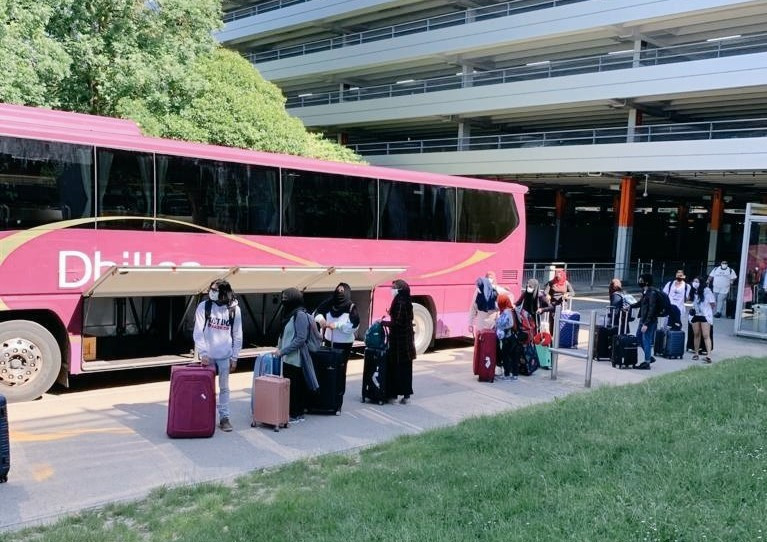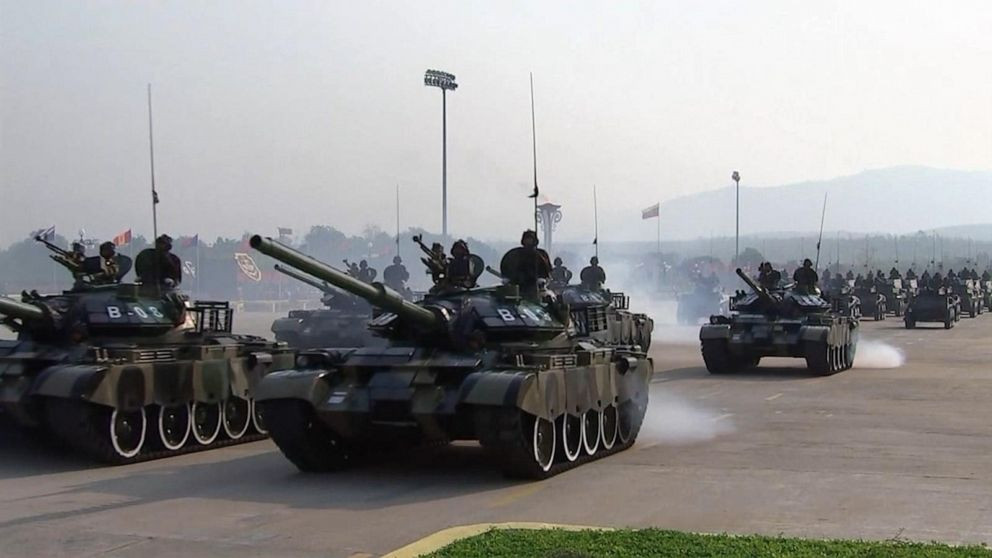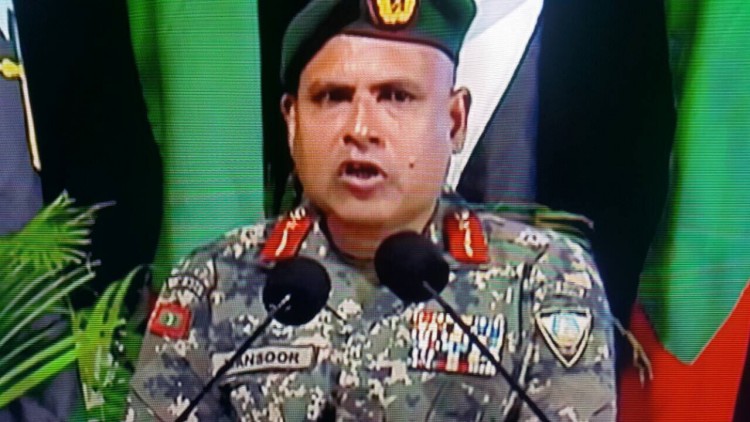Maldives' Independence: Prime Minister Nasir's deals with imperial Britain
Our history shows a checkered past with European imperial powers
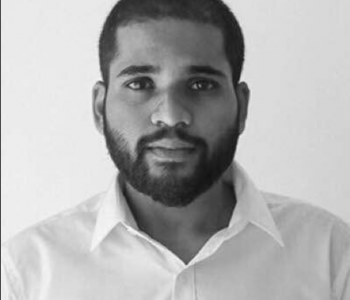

Prime Minister Ibrahim Nasir
On the Monday that was 26th July in 1965, then Maldivian Prime Minister Ibrahim Nasir signed an agreement to end the country’s 78-year protectorate status with imperial British colonizers. This monumental move was coronation-of-sorts for Nasir, who through it solidified his position as a national icon.
The spirit of national unity has likely never been as alive as it was that day, with military parades and large-scale celebration, not just in capital city Malé, but all over the archipelago. Rightfully so, at the time of gaining total independence from the British Empire, Maldivians had already held anti-British sentiment that manifested as serial protests, in local streets, against the English crown.
As much as our dependency on our colonizers served us and aptly ‘protected’ us, liberty was the theme of the age; after domestic independence shortly since the end of the world war, the late 1950s was a time of liberation in the Maldives and those of us that were alive then enjoyed more individual freedom than any generation that came before them.
Prime Minister Nasir, who later became president after constitutional reforms abolished Maldives’ centuries-old sultanate, is at the heart of the story of Maldives’ independence. Today, he is commended for ‘modernizing’ the Maldives – albeit with a murderous iron-fist – and liberating a population of over 97,000 after years of European colonial intimidation.
In his prime, Nasir had considerable political momentum. After the independence of Sri Lanka and India from British rule, Nasir secured an agreement with the crown to attain domestic independence, the right for Maldives to govern itself. The agreement was signed in 1948.
Though this is largely due to Britain’s decolonization of Asia, it made him the most powerful ruler the country had seen since the protectorate agreement in 1887. In fact, Nasir’s road to guaranteeing independence for the Maldives is through deliberations with the British government.
Within a span of four years, these deliberations had allowed Nasir to quash a secessionist movement in the south and regain control of the Maldivian economy from the foreign ‘Vorah’ sect of traders.
Southern Revolt
The southerns atolls of Huvadhoo, Fuvahmulah, and Addu are geographically remote from the rest of Maldives. As such, due to lack of communication and treacherous Maldivian waters, rulers in capital city Malé found it a challenge to rule over them. For centuries, traders from these southern atolls acted independently and operated ships to Sri Lanka and India, which kept its populous fed without support from the capital.
In 1959, after a dispute over the British military base in Gan of Addu City, built in 1941 and abandoned in 1976, the southern atolls seceded from the Maldives and formed a separate state, the United Suvadive Republic. The new republic declared Abdulla Afif Didi and with alleged support from the British, they set Hithadhoo island in Addu to be their capital.
Nasir faced immense pressure to reunite his nation and to bring back the break-away atolls. The military base in Addu was of extreme strategic importance to the government Malé and a significant generator of revenue for Nasir's administration. The same year, he lead an expedition to Thinadhoo in Huvadhoo atoll and made mass arrests. Thinadhoo conceded.
This year, Nasir also began deliberations with the British government for Gan island. In a historic letter, published in 'The Times of London' in 1959, the Suvadive president Afif makes an appeal to the English crown for their support. Afif wrote that the south 'have not a single doctor for 18,000 undernourished people' nor any schools or public utilities.
"Some of our reasons for the secession from Male the old capital of the Maldives are as follows: The indifference of their administration to the elementary needs of the people of these islands food, clothing, medicine, education, and social welfare" Afif wrote.
The following year, in 1960, the British government agreed to lease the military base and another property operated by them to Nasir's government. This evident withdrawal of support from the British Empire for the Suvadive islands effectively ended the secessionist movement.
In 1962, after a second attempt at rebellion, with Thinadhoo again joining the Suvadive Republic, Nasir led an expedition to the island that resulted in total of cleansing. The crackdown, described by his political opponents as a genocide, resulted in his soldiers openly firing on unarmed civilians on the island.
Some reports even say that women and young girls were raped in front of their families while men and boys were forced into the surrounding sea and made to watch as national defence forces burnt their homes. The unofficial death count nears 2,000 and families displaced in the attack were subject to immense maltreatment, having to 'trade gold for a handful of rice'.
The same year, amid violent protests in Gan island, the British restored Nasir's government in the south. With help from the British, the Suvadive president lived out the remainder of his life in self-exile in Seychelles. Nasir's iron-fisted quashing of the rebellion has been heavily criticized, although given the attitude of the day, when contextualized it was what Maldivians likely expected of their leader.
‘Vorah’ Traders
When Nasir was in office, a sect of Muslim traders had all but seized control and monopolized the Maldivian economy, through an agreement with the controversial King Imaadudheen IV shortly before the protectorate agreement with Britain.
The King’s deal with these traders, who are said to be Shia Muslim ‘Borah’ sect from India – but perhaps the Sunni Muslim ‘Vorah’ traders from Pakistan was not received well by merchants and business owners in the country. Maldives has historically had a class system, maybe a trait inherited from ancient rulers that hailed from the Indian subcontinent and wealthy business owners were nearly strictly members of nobility and royalty – known as ‘Bodun’ and ‘Radhun’, respectively.
The traders were a sect that thrived under British rule, and the Dutch before that. When Britain colonized India, it inherited these strong ties with the sect, along with the Dutch’s long-standing ties with the Maldives. The British had, in many ways, supplemented the trade agreement with King Imaadhuddheen that gave the richer merchant sect autonomy over the Maldivian economy.
Nasir was well-known for his disapproval of foreign merchants trading in the Maldives. In 1962, only months after the depopulation of Thinadhoo island, Nasir banned ‘Vorah’ trade and forced them to leave the country. By then, members of the sect were well engrained with Maldivian society, having married local families and begun living here.
'Anti-Imperialist' Sentiment
Our history shows a checkered past with European imperial powers. Maldives’ initial contacts with the British empire, where Commander Morseby of the admiralty was dispatched to the country to survey and chart its waters, was deliberately hindered by the Maldivian king at the time.
Back then, English presence in Maldivian waters was viewed as a national security threat as the primary tool of defence for the archipelago’s small militia was its natural reefs, sand banks, and depths – all but unknown to any foreigner.
Today, as we celebrate our 53rd anniversary since Prime Minister Nasir signed his landmark agreement, domestic sentiments remain nearly the same. Incumbent President Abdulla Yameen has recently spared no effort in his rhetoric against the European Union, given their recent adoption of a framework to impose sanctions against human rights abusers in the Maldives – after his government continually snubbed and dismissed statements of concerns over their utterly ‘undemocratic’ actions.
The international chorus of concern is nothing new. President Yameen's government has faced criticism ever since his controversial assumption of office after a grubby electoral process in 2013, that saw the Elections Commission -- then widely regarded as an independent institution under the keen authority of commissioner Fuwad Thowfeek -- obstructed and results of one set of ballots made void by a court order -- with the judiciary even then being subject to grave public distrust. Yameen's opponents and their supporters maintain that the elections were rigged.
In his speech on Maldives' 50th independence day, Yameen had praised Ibrahim Nasir for liberating the nation, describing him as the 'ideal defender of Maldives' sovreignity'. This is also where he described ongoing international concern as 'efforts to subjugate the Maldives and impose foreign values in the country'.
* For historical particulars, the author owes thanks to historians Naseema Mohamed and Mohamed Shathir.
